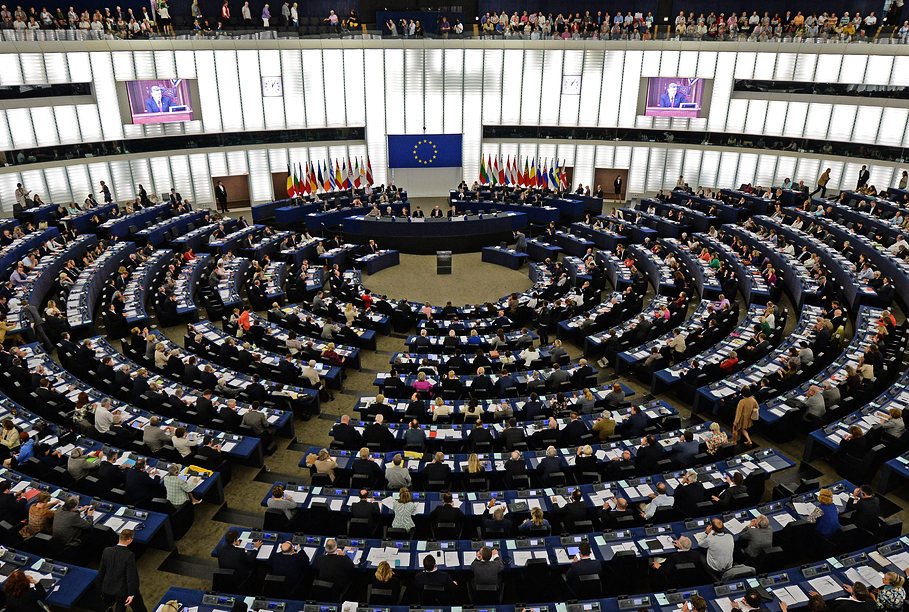The journalists have submitted an unprecedented action to the European Union Court against the European Parliament (EP) concerning its refusal to provide information on how MEPs spend generous bonuses.
The action is supported by of the Baltic Centre for Investigative Journalism "Re:Baltica", which is registered in Riga, but operates in all three Baltic countries.
In June this year 29 different journalist groups asked the EP for copies of the previous four years' data on MEPs' daily allowances which cover their travel, office costs and other expenses in addition to their basic salaries.
"In Latvia all the [Saeima] MPs spending is publicly available. We believe that such disclosure should be at European Union level too," Re:Baltica's Sanita Jemberga told LSM.
The EP refused to issue information to journalists, claiming that the data was private and that supplying the information would involve a lot of work.
The EP also pointed out that no record is kept of how "general expenses" are spent despite the fact that nearly €40 million is given out under that definition every year.
"Simply denying access to the requested documents, the European parliament deputies legitimize the right to secret expenditures and grant immunity from public scrutiny. We are challenging the reasons for the refusal, because we believe that they are not based on any European regulation," said the journalists' lawyer, Nataša Pirc-Musara.
According to the information provided by the EP, in 2014 more than €474 million euros of the EP's total €1.75 billion was spent on salaries for the 571 MEPs, travel expenses, office assistants and other maintenance.
So far, attempts to achieve greater transparency regarding what MEPs actually spend their additional money on have not been successful.
However, the European Parliament does provide some basic information about MEPs' pay and allowances on its website.
A "general expenditure allowance" of €4,320 per month is intended "to cover expenditure in the Member State of election, such as Members’ office management costs, telephone and postal charges, and the purchase, operation and maintenance of computer and telematics equipment. The allowance is halved in the case of Members who, without due justification, do not attend half the number of plenary sittings in one parliamentary year (September to August)."
Travel expenses see MEPs "reimbursed the actual cost of their travel tickets for attending such meetings, up to a maximum of the D business class (or similar) air fare, the first class rail fare or €0.50 per km for car journeys (up to a maximum of 1 000 km), plus fixed allowances based on the distance and duration of the journey to cover the other costs of travelling (such as motorway tolls, excess baggage charges and reservation fees)."
And that's not all, as "For activities outside their Member State of election, Members may be reimbursed for their travel, accommodation and related expenses up to a maximum annual amount of €4,264."
In addition, members get a generous daily subsistence allowance of €306 per day during parliamentary activity periods, on condition that they prove they showed up by signing one of the official registers made available for that purpose.
That's all on top of a monthly pre-tax salary in 2014 of €8,020,53 which is subject to an EU tax and accident insurance contribution, after which the salary is €6,250,37.
It's not hard to see why Latvian politicians are so keen to take seats in Brussels given the salary of a Saeima deputy is currently around €2,440.





























